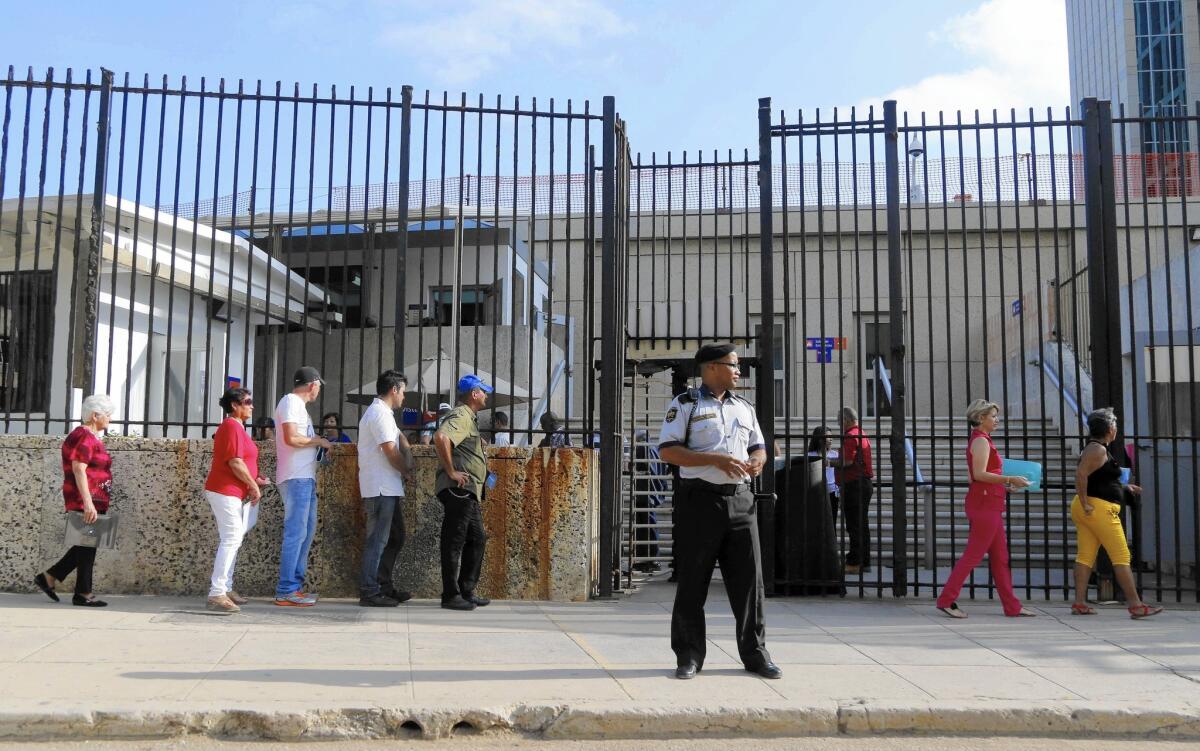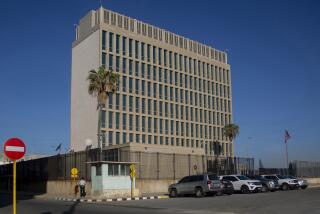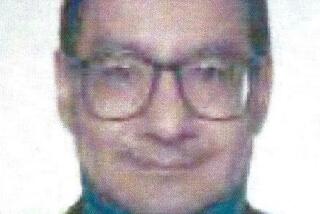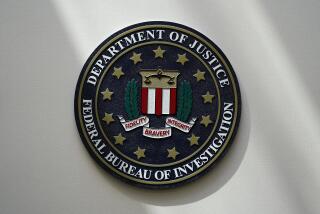No deal yet on U.S. and Cuban embassies

Cubans wait in line outside the U.S. “interests section” compound in Havana to apply for visas.
U.S. and Cuban diplomats failed Friday to reach a deal to reopen embassies in Washington and Havana because of continuing disagreement over how U.S. diplomats would operate in Cuba.
After two days of talks in Washington, U.S. and Cuban officials say that they made progress and that they may not need a fifth round of high-level meetings to fully restore diplomatic relations after more than half a century of estrangement.
“I remain optimistic that we will conclude [an agreement] but we still have a few things that need to be ironed out,” Roberta Jacobson, assistant secretary of State for the Western Hemisphere, told reporters.
The challenge of fully restoring ties “has not been easy given our complicated relationship,” she said. The two countries broke relations in 1961, two years after the Cuban revolution.
The inability of the two longtime foes to complete the accord underscores Cuba’s lingering worry that the goal of U.S. diplomats in seeking contact with the Cuban people is the overthrow of the island’s communist government.
The two sides have been discussing restoration of economic and diplomatic ties since December, when President Obama and Cuban President Raul Castro announced that months of secret negotiations had led to an agreement to normalize relations. Obama said the decades-old U.S. trade embargo had failed to force reform on the authoritarian government.
Since 1977, the two countries have had limited diplomatic contact through “interests sections” in Washington and Havana. If ties are restored, they will send ambassadors to the upgraded missions.
U.S. and Cuban officials declined to detail their disagreements, citing the need for secrecy during negotiations. Yet they acknowledged that the remaining major issue was how the embassies would be run.
U.S. officials want diplomats to have the freedom to circulate in the country, without restrictions, and, if possible, without the burden of having to provide advance notice of their movements. But Cuban officials fear that U.S. diplomats’ contacts are aimed at stirring up dissidents and spreading ideas that could weaken the government’s control.
“They’re not worried about the diplomats as spies, but as proselytizers,” said Carl Meacham, director of the Americas program at the Center for Strategic and International Studies in Washington.
Jacobson indicated some negotiating flexibility, saying the U.S. approach would be “different than the way we’ve operated in the past.” She noted that there are varying degrees of restrictions in countries around the world and “we expect that in Cuba our embassy will operate within that range.”
Congressional critics of the normalization, including anti-Castro conservatives in Florida, say they worry that the administration will be too lenient in accepting Cuban restrictions. Obama has emphasized that U.S. officials will continue pushing for greater political freedom in Cuba.
But it is also clear that the Obama administration is eager to carry as far as possible its plans for normalization. The administration sees the opening to Cuba as an important part of Obama’s foreign policy legacy, along with the nuclear deal the administration is trying to negotiate with another longtime adversary, Iran.
White House Press Secretary Josh Earnest said Thursday that Obama is eager to highlight the importance of the U.S.-Cuban engagement by visiting the island.
“There’s one person in particular that hopes President Obama will be in Havana at some point in the relatively recent future, and that’s President Obama himself,” Earnest said. “I know that he would relish the opportunity to visit the island.”
Since Obama’s announcement in December, U.S. officials have taken a series of dramatic steps, including an easing of some travel and trade rules, and the removal of Cuba from the list of state sponsors of terrorism, which becomes effective May 29.
The longtime U.S. economic embargo, which was set by Congress, remains in effect.
A full restoration of ties would be another highly visible step that could help strengthen support in both countries for the normalization. But the administration would open itself to criticism if it appeared that it had made too many concessions to get that deal, analysts said.
More to Read
Start your day right
Sign up for Essential California for news, features and recommendations from the L.A. Times and beyond in your inbox six days a week.
You may occasionally receive promotional content from the Los Angeles Times.







